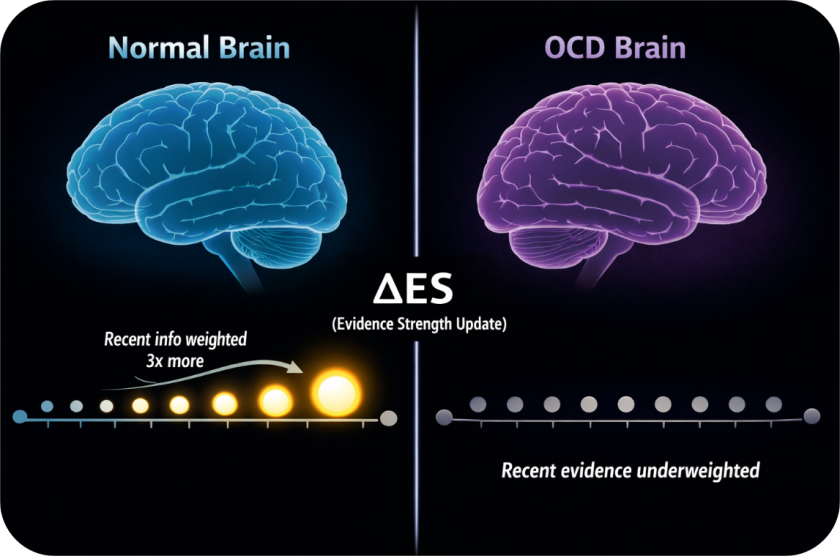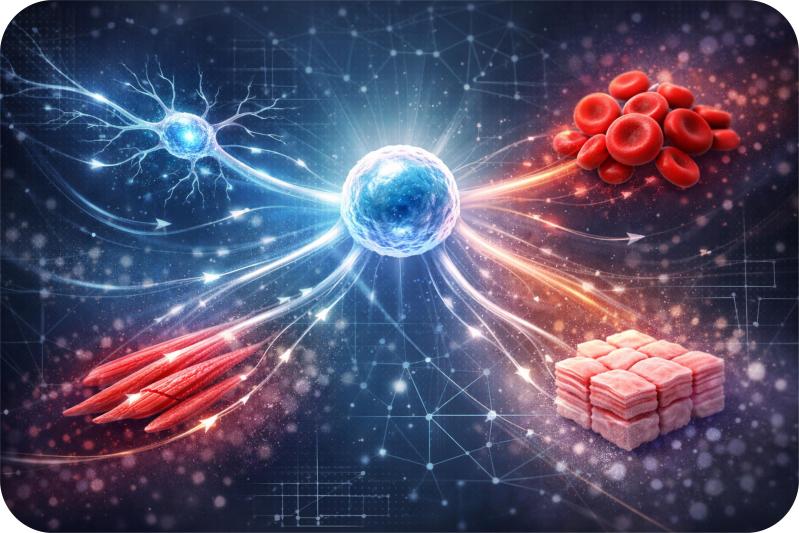Giant web search engine, Google is expanding its business in different technological areas, investing in research program to develop driver-less cars, goggle glasses, contact lenses, delivery drones, robots, providing internet facilities via balloons to name a few. Now Google is expanding into the field of advance medicine. With an aim of developing nanoparticles that would be delivered in the form of a pill in aiding cancer detection and other ailments, the big G unveiled its latest project called the “Nanoparticle Platform.
Detection of chemical signals at cellular level
The nanoparticles are approximately one-thousandth the size of a red blood cell or one billionth of a meter in width. These have a magnetic core consisting of magnetic material and proteins or antibodies, due to which it can bind itself to important molecules and cells in the bloodstream to investigate early clues about diseases as cancer. The aim is to detect chemical signals emitted by diseased cells.
Nanoparticle pill
The nanoparticles can be consumed in the form of a pill will travel through the bloodstream. Later a wearable detector with a magnetic field will gather the particle and read out the findings collected. Apart from detecting clues related to tumors, they can also be used to detect high sodium levels, arterial plaque.
The technology can considerably cut down disease diagnosis time as they provide real time data. They may even eliminate time taking blood tests for the detection of these diseases that are often not enough in early spotting of various forms of cancer. Moreover, they are also apt for patient’s remote monitoring by doctors using wireless data-streaming.
The technology is still under research and will take around 5 years before it’s ready for clinical testing. The research team is still studying to choose the right antibodies that can be used for nanoparticle coating, allowing them to attach to certain cells. Team also has to decide on the number of nanoparticle to be used in a pill. The wearable device should be small that can be easily worn, at the same time powerful enough to retrieve data from the pill.
Privacy issues
There is also speculation related to privacy and security of the medical data collected. But Google cleared that they are not interested in the data collected. The company says that it would not manage the data gathered through nanoparticle technology and will hand over the license to pharmaceutical companies.
In the future, round the clock monitoring of key biological markers using such non-invasive wearable devices will help in early detection of diseases and various types of cancer, when they are also the most curable. Thus increasing chances of survival as patients usually do not bother to get a checkup done unless something unusual is spotted.
Source: ZME Science
Image: Telegraph




